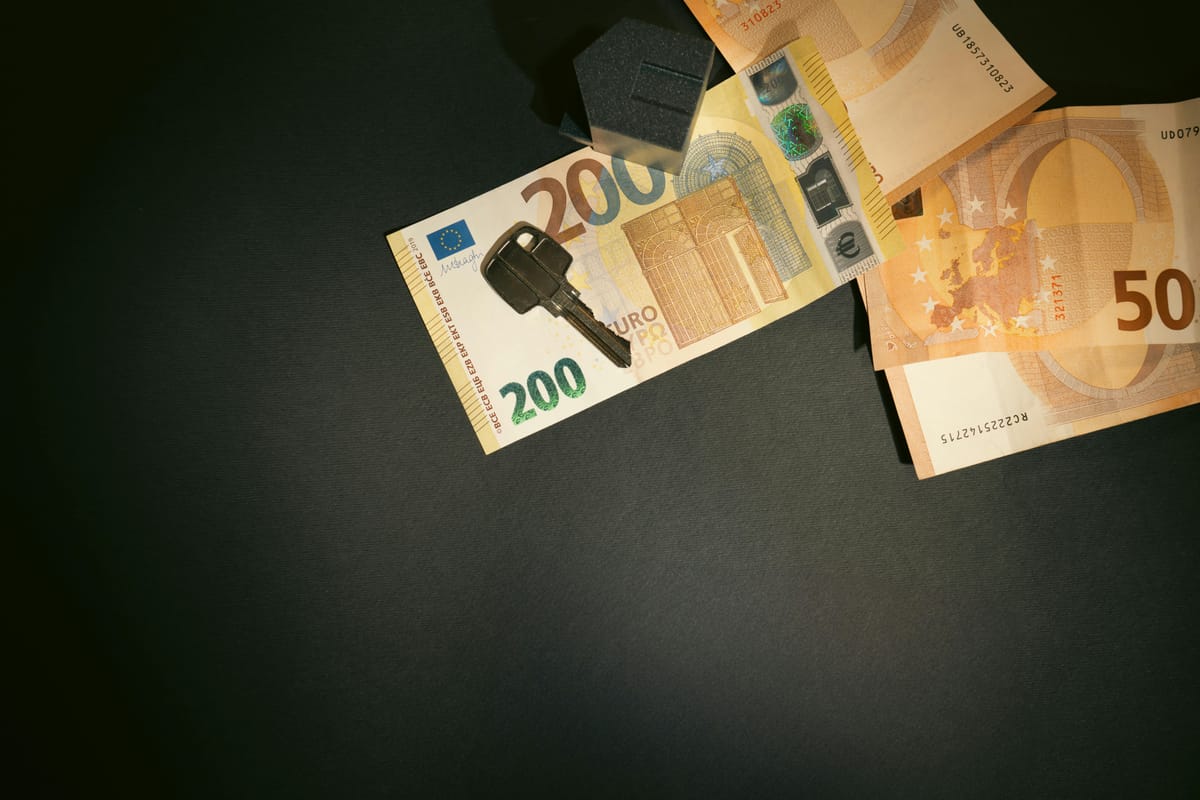Brush up on the extra costs that come with buying in France
Buying in France isn’t just about the asking price. With notary fees, taxes and agent costs to factor in, the final bill can be higher than expected. Here’s how to plan ahead and keep your French property dream on course.

Buying a property abroad isn’t just about the price on the listing and the offer you’ve had accepted. The full cost includes a range of additional fees that often catch buyers off guard. Compared to many countries, these extra costs are surprisingly modest in the UK. However, in France, they can add up quickly – sometimes enough to derail a purchase if you haven’t planned for them.
The good news? With the right preparation, these expenses don’t have to be a stumbling block. By understanding what’s involved and making smart choices around currency exchange, you can protect your budget and keep your dream home within reach.
Notary Fees (Frais de Notaire)
When buying property in France, it’s a legal requirement to use a notaire. Acting as an impartial third party, they ensure the transaction is fully compliant with French law and that both buyer and seller are protected. Their responsibilities include verifying all legal documents and handling the payment of taxes related to the sale.
As the buyer, you are responsible for covering the notary’s fees, which vary depending on the type of property:
· Resale (existing) property: This represents the largest expense for buyers, with fees typically ranging from 7–8% of the purchase price, depending on the location and property.
· New property: Fees are lower, generally around 2–3% of the purchase price.
It is common for both parties to use the same notaire. However, you may also choose to appoint your own, such as a bilingual notaire, if you prefer. Importantly, this does not increase costs, as the fees are shared between the notaries.
Registration Fees
These are included in the notaire’s fees and cover the registration tax (taxe de publicité foncière), which applies to the transfer of property ownership. Similar to stamp duty, this tax is typically around 4–5% of the purchase price.
Estate agency fees
These usually range from 4–8% of the property’s purchase price, although the exact amount can vary depending on the agency and type of property.
In France, it’s possible for the buyer and seller to negotiate who is responsible for covering these fees. In some cases, they may already be included in the advertised purchase price.
Land Registry Fee
Land registry fees vary but are usually around 0.10% of the property price.
Property survey costs
While not mandatory like in the UK, many buyers – especially those purchasing older properties – choose to arrange a property survey. Costs generally range from €200 to €1,500, depending on the type and level of survey required.
Safeguarding your budget
Shielding your budget from exchange rate fluctuations doesn’t just apply to large payments like the deposit or completion; it also matters for the many other expenses involved.
Buying costs in France can be significant and add up quickly. When purchasing a residential property there, it’s wise to set aside around 10–15% of the purchase price to cover these additional outlays.
By working with a currency specialist, you can prevent them from spiralling by securing exchange rates that are often better than those offered by banks. As well as keeping costs down, they can help ensure your transfers are fast and reliable, so every payment is made on time and your property purchase stays on track.
